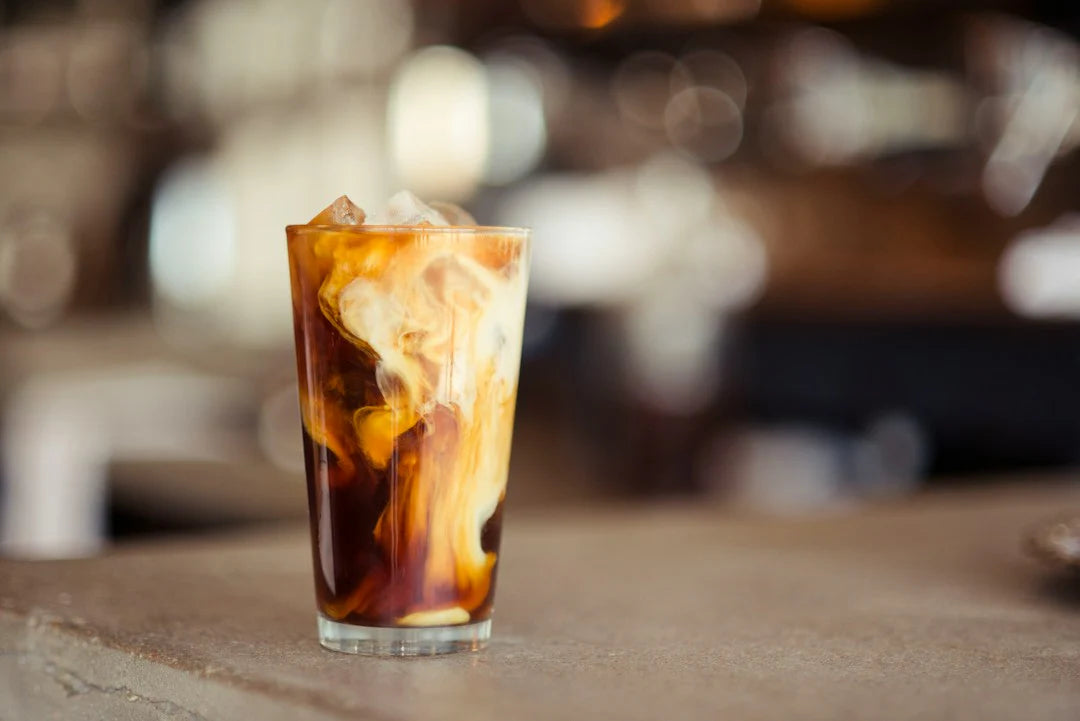
The role of water in brewing specialty grade coffee
Coffee has transcended its role as a mere beverage to become a cultural phenomenon, with specialty grade coffee standing out for its delicate flavors, unique characteristics, and rich aromas. But while many coffee enthusiasts focus on the beans, they often overlook a critical element in the brewing process: water. This article delves into the essential role that water plays in brewing specialty grade coffee and how it can enhance your coffee experience.
What Makes Specialty Grade Coffee Special
Before exploring the role of water, it’s important to understand what distinguishes specialty grade coffee. This coffee is known for its exceptional quality, undergoing strict evaluation and scoring based on factors like flavor, aroma, acidity, body, and balance. Often sourced from single-origin farms or meticulously curated blends, specialty grade coffee offers a unique and adventurous experience for coffee lovers. Proper brewing is key to bringing out the full potential of these exceptional beans.
The Overlooked Element: Water
While water is often seen as just a means to extract flavors from coffee beans, it actually plays a crucial role in determining the quality of your brew. Factors like water quality, composition, temperature, and hardness can significantly impact the flavors and aromas in your cup.
Water Quality
Using high-quality water is essential for unlocking the full potential of specialty grade coffee. Ideally, filtered or bottled water should be used, as tap water can contain impurities like chlorine that distort the coffee’s natural flavors. A water filtration system or high-quality bottled water ensures a clean slate for brewing, allowing the coffee’s true characteristics to shine through.
Composition and Temperature
Mineral content in water, such as calcium and magnesium, aids in extracting desirable flavors and oils from coffee grounds. However, too many minerals can lead to over-extraction, resulting in a bitter taste. It’s important to find the right balance and adjust water composition according to the specific coffee being brewed.
Temperature is another critical factor. The ideal range for brewing specialty grade coffee is between 195°F (90.6°C) and 205°F (96.1°C). Consistency in water temperature is key, as fluctuations can impact the final taste. Using a gooseneck kettle with a built-in thermometer helps achieve precision and control during the brewing process.
Specialty grade coffee offers an immersive experience that goes beyond the ordinary. Each cup tells a story of its origin, and as you refine your brewing techniques, you unlock endless possibilities. From the rich chocolate notes of Tanzanian coffee to the vibrant fruity flavors of a Brazilian blend, specialty grade coffee allows you to appreciate the hard work of farmers and roasters dedicated to bringing the best coffee to your table.
Your Coffee Journey Starts Here
By embracing the role of water in brewing, you can elevate your coffee experience to new heights. Attention to water quality, composition, and temperature is key to unlocking the true potential of your specialty grade coffee. So, gather your coffee equipment, choose your favorite beans, and embark on a journey of tantalizing flavors and captivating aromas. Remember, brewing specialty grade coffee is an art that requires practice, precision, and passion—and water is your secret ingredient to creating a truly exceptional coffee experience.
